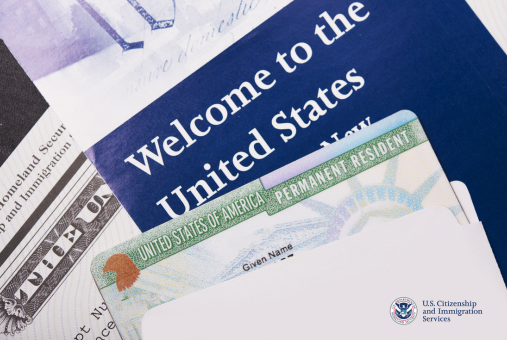
Exiled journalists face stalled asylum cases and the end of humanitarian parole. Those sent back to Nicaragua or Venezuela would return to regimes openly hostile to press freedom.
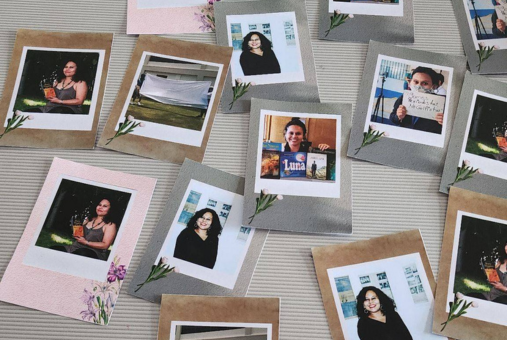
Tercero promoted books and reading. Now press groups, who are demanding answers on two other jailed reporters, say her disappearance is a symbol of Nicaragua’s crackdown on free thought
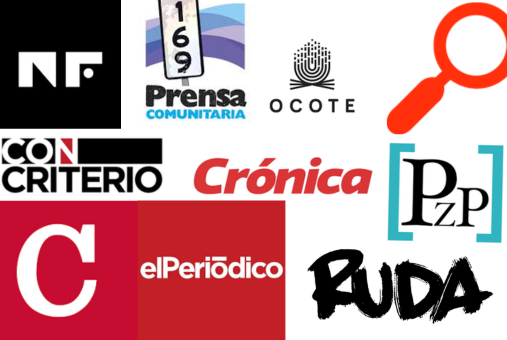
The Central American Independent Media Archive, founded by the son of imprisoned journalist José Rubén Zamora, seeks to ensure that journalism remains accessible in Central America despite persecution and censorship.
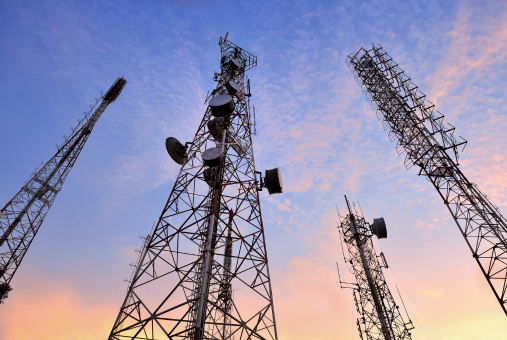
Authorities in Nicaragua have already shut down, prosecuted or forced critical news outlets into exile. Under the new law, human rights advocates warn officials may access internet users’ locations, calls and browsing histories.
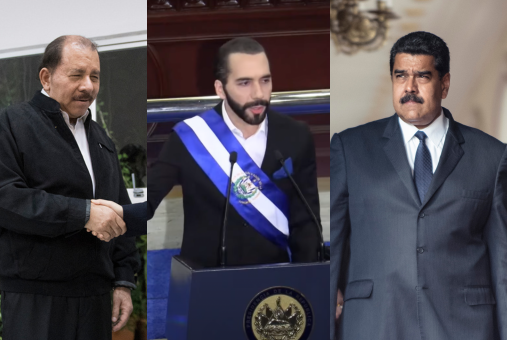
Lawmakers from the left and the right are drafting ‘foreign agent’ laws they claim protect their national sovereignty. They also threaten independent news outlets that rely on international funding.
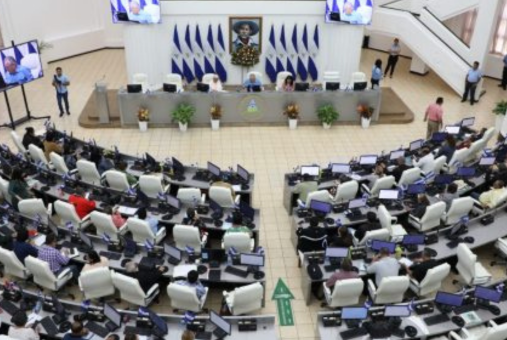
Daniel Ortega and Rosario Murillo's regime is wielding a new cybercrime law to target journalists – including those in exile – empowering authorities to seize their assets and monitor their family members in Nicaragua.
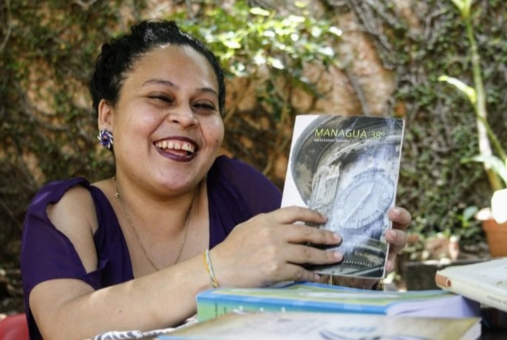
On July 12, Nicaraguan authorities raided Tercero's home and, since then, her whereabouts have been unknown. Organizations and journalists demand the State of Nicaragua start providing answers.
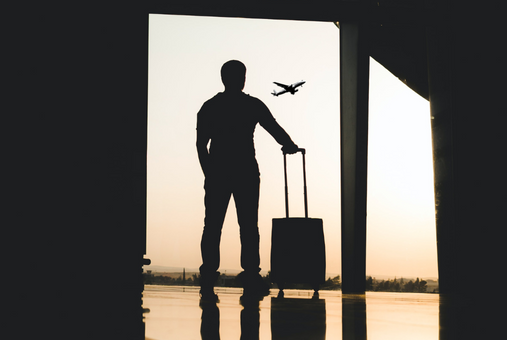
The phenomenon of exiled journalists is not new, according to the UN Rapporteur on freedom of expression, Irene Khan. However, the increase in recent years has caused concern and hence the need for both States and civil society to come together to offer help. Organizations from Latin America join that call.
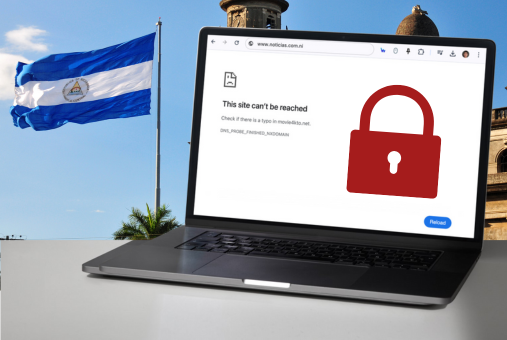
Faced with the proposal of a new telecommunications law in Nicaragua, independent journalists are preparing for possible blocking of their websites, regulation of audiovisual content and control of production equipment. Some media outlets have already started campaigns to raise awareness among readers about possible measures to avoid censorship.
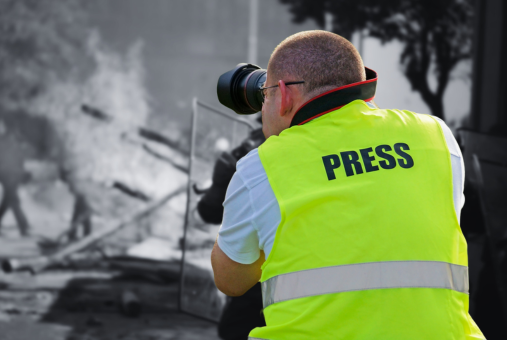
Directors of El Faro (El Salvador) and Confidencial (Nicaragua) pointed to risk assessment, complete trust between editors and reporters, legal defense and psychological support as fundamental elements to preserve the well-being and safety of their teams in the face of harassment, threats and criminalization.
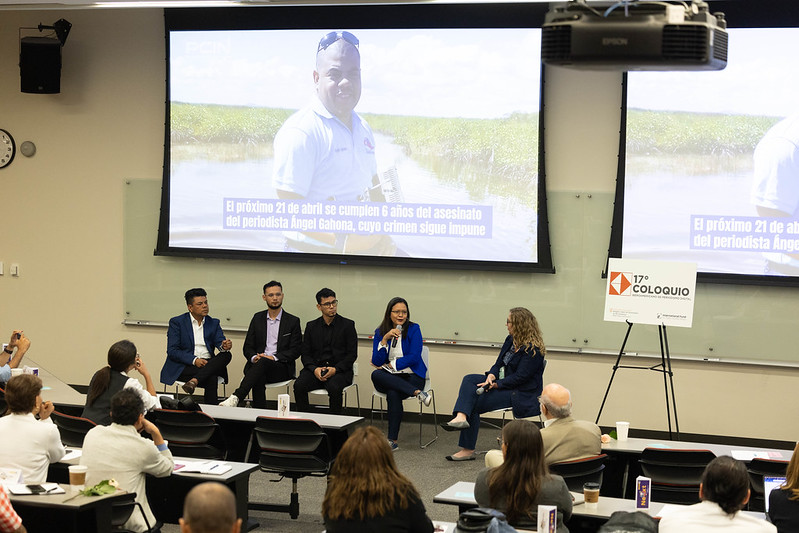
The situation experienced by Nicaraguan journalists is one of the worst in the region, and was at the center of the debate, alongside examples of resistance and perseverance in the face of adversity, during the panel “Journalism in Nicaragua” at the 17th Ibero-American Colloquium on Digital Journalism.
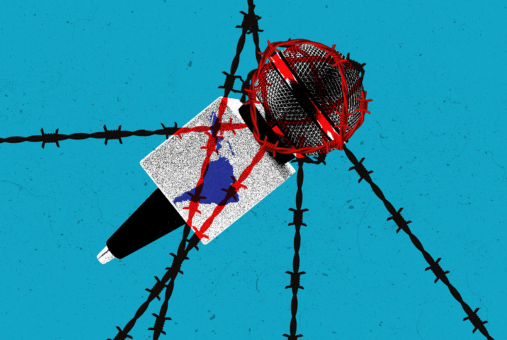
With their campaigns against independent media, the governments of several Latin American countries are beginning to threaten press freedom. Can Nicolás Maduro and Daniel Ortega's extreme of media blockages and closures be replicated?